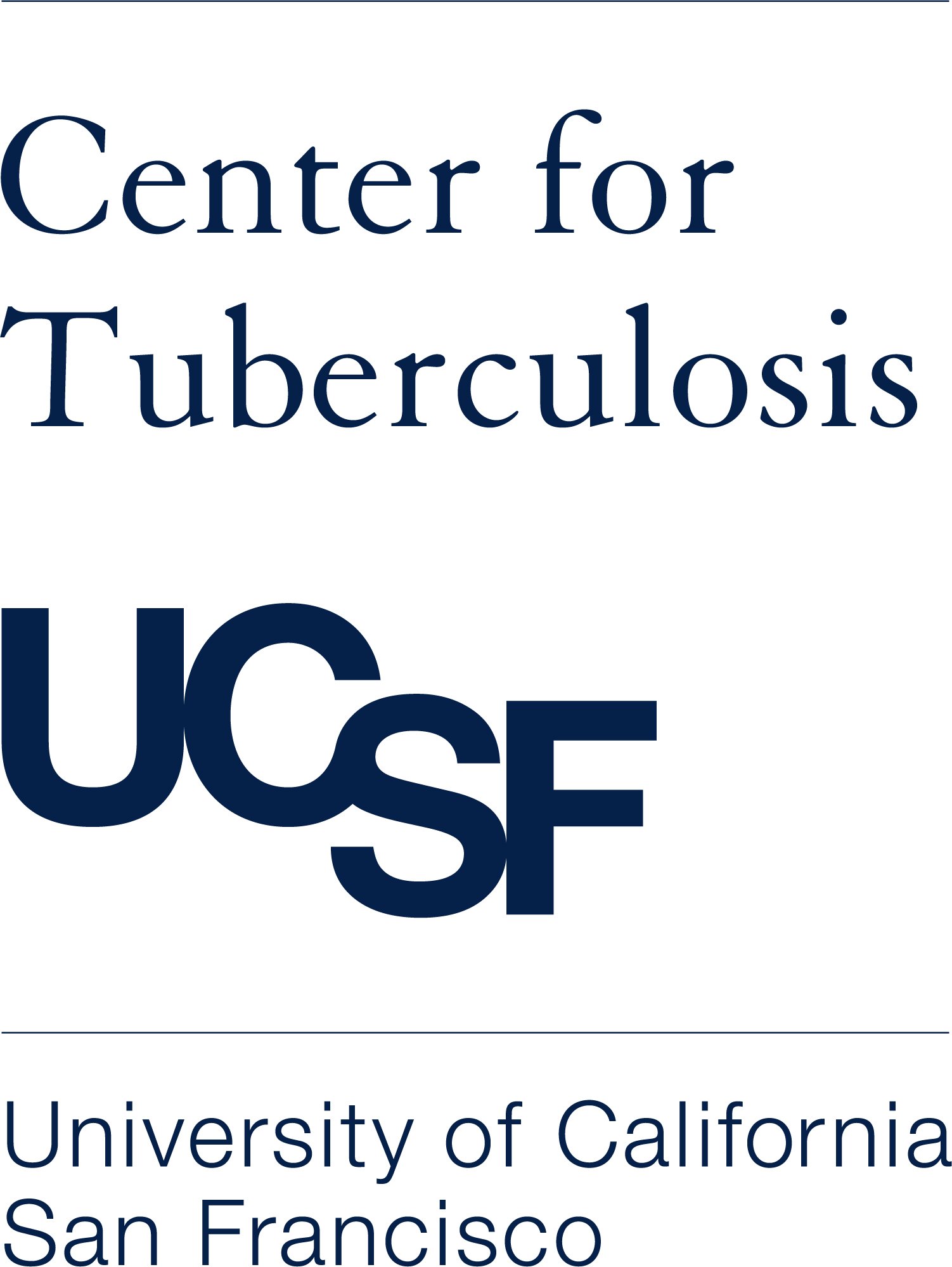Impact Evaluation of a Primary Care Health System Strengthening Intervention on HIV and TB services in Sierra Leone
This project includes detailed process, impact, and economic evaluation of a health-systems strengthening intervention that horizontally integrates clinical and related services in a highly vertical donor-driven system, with a particular focus on HIV and TB services in Sierra Leone.
Source: CFAR-RAP International Mentored Scientists Award Program In HIV/AIDS
PI: Mohamed Bailor Barrie, MD, PhD(c); Elizabeth Fair, PhD, MPH
--
Drones, digital adherence monitoring, and video-based curricula for community-based TB control in remote Madagascar
Innovative interventions such as drones and digital adherence monitoring technologies have the potential to enhance patient-centric quality TB care and help challenged National Tuberculosis Programs leapfrog over the impediments of conventional Directly Observed Therapy (DOTS) implementation. A bundle of innovative interventions referred to for its delivery technology as the Drone Observed Therapy System (DrOTS) was implemented in remote Madagascar. Cost effectiveness analysis and evaluation of video-based instructional curricula were included in the scope of work.
Source: TB REACH, STOP TB Partnership
PI: Peter Small, MD; Elizabeth Fair, PhD, MPH
--
Socio-spatial Networks and Tuberculosis Infection in Youth in Rural Uganda
We propose the first-ever population-representative, longitudinal TB Infection Incidence Cohort of youth ages 1 to 18 years, in rural communities in Uganda. Using a combination of epidemiologic and network analytic techniques, this study will address key foundational knowledge gaps about TB transmission within 3 socio-spatial networks of youth: the household network, the non-household social network (close contacts), and the network of casual contacts encountered in community venues. We will characterize the role of the household social network in TB infection throughout the early life course, employ social network analysis to assess the relationships between child and adolescent TB infections and their community-based social network, and use location-based networks to assess the relationships between community venues and incident TB infections in youth.
Sponsor: NIH, NIAID
---
Point-of-care C-reactive protein-based tuberculosis screening in people living with HIV: a randomized trial
Systematic tuberculosis (TB) screening is recommended for all HIV-infected individuals living in TB endemic areas to identify individuals without active TB who are eligible for preventive therapy, an intervention proven to reduce both TB incidence and mortality. However, tests to rule-out TB perform poorly in people living with HIV resulting in millions of eligible individuals being denied this life-saving intervention. We plan to perform a clinical trial to determine whether a more accurate and efficient approach to TB screening – screening based on C-reactive protein levels – reduces TB incidence and mortality by increasing uptake of TB preventive therapy in people living with HIV. Because successful scale-up of TB preventive therapy has been projected to prevent hundreds of thousands of new TB diagnoses and save tens of thousands of lives, findings from this trial have the potential to have enormous clinical and public health impact and are essential for informing future TB/HIV policy.
Sponsor: NIH, National Heart, Lung, and Blood Institute
PI: Christina Yoon, MD, MPH and David Wesley Dowdy, MD, PhD and Patrick Phillips, PhD, MS, MA
---
Improving the efficiency of clinic-based active tuberculosis case finding: evaluation of point-of-care C-reactive protein-based triage testing in Vietnam.
This application proposes to evaluate whether a triage testing strategy could be used to accurately reduce the proportion of symptomatic patients requiring costly confirmatory tuberculosis (TB) testing, thereby enabling implementation of active case finding by improving the efficiency and reducing the cost of TB diagnosis. Scale- up of active case finding would improve individual outcomes through earlier TB diagnosis and decrease TB incidence by reducing TB transmission. Therefore, the studies proposed here have the potential to have enormous clinical and public health impact and are relevant to the part of NIH’s mission that pertains to applying knowledge that will enhance health, lengthen life, and reduce illness and disability.
Sponsor: NIH, National Institute of Allergy and Infectious Diseases
---
Interventions to reduce alcohol use and increase adherence to TB preventive therapy among HIV/TB co-infected drinkers (DIPT 2/2)
Heavy alcohol use is also common among HIV-infected persons, and people who use alcohol are at higher risk of TB than those who do not use alcohol. However, in sub-Saharan Africa, because both alcohol and the anti-TB antibiotic isoniazid (INH) can be toxic to the liver, heavy alcohol users are not offered INH, although INH has been shown prevent TB and death in persons with HIV. To address this challenge, we are proposing a study to determine whether economic incentive interventions can promote both reduced alcohol use and INH pill taking among HIV-infected adult heavy drinkers, during a six-month course of INH at HIV clinics in southwestern Uganda.
Sponsor: NIH, National Institue on Alcohol Abuse and Alcholism
---
